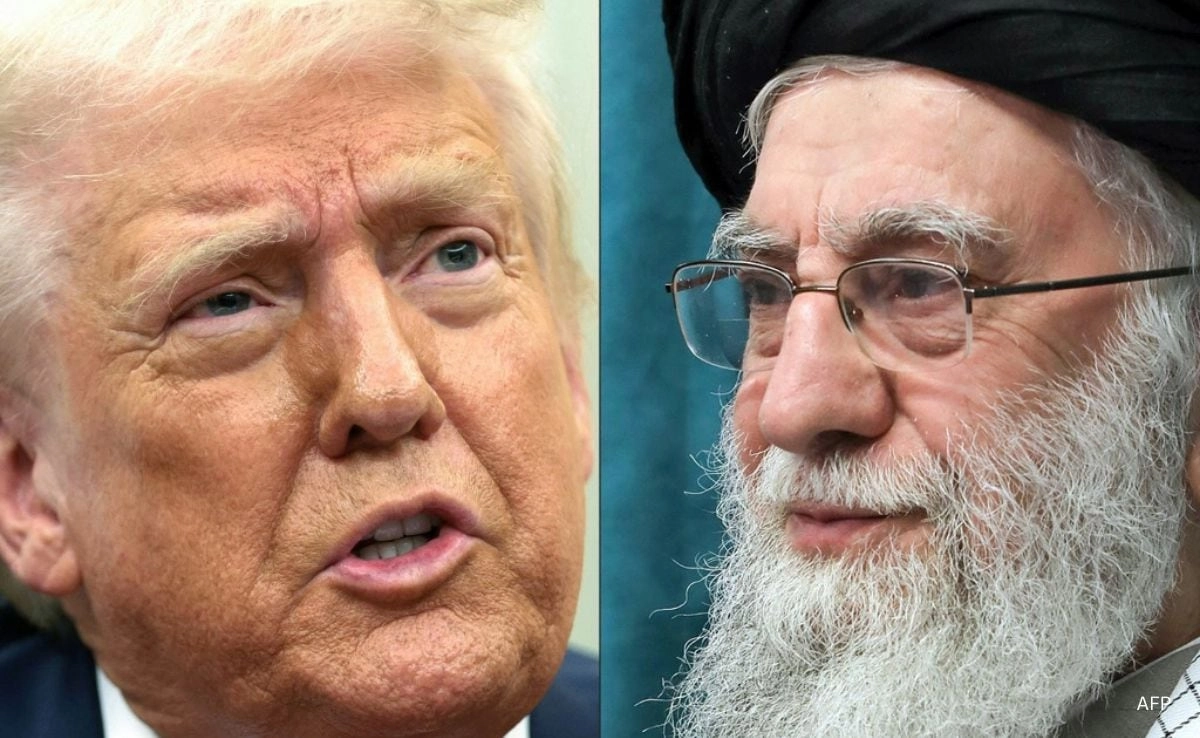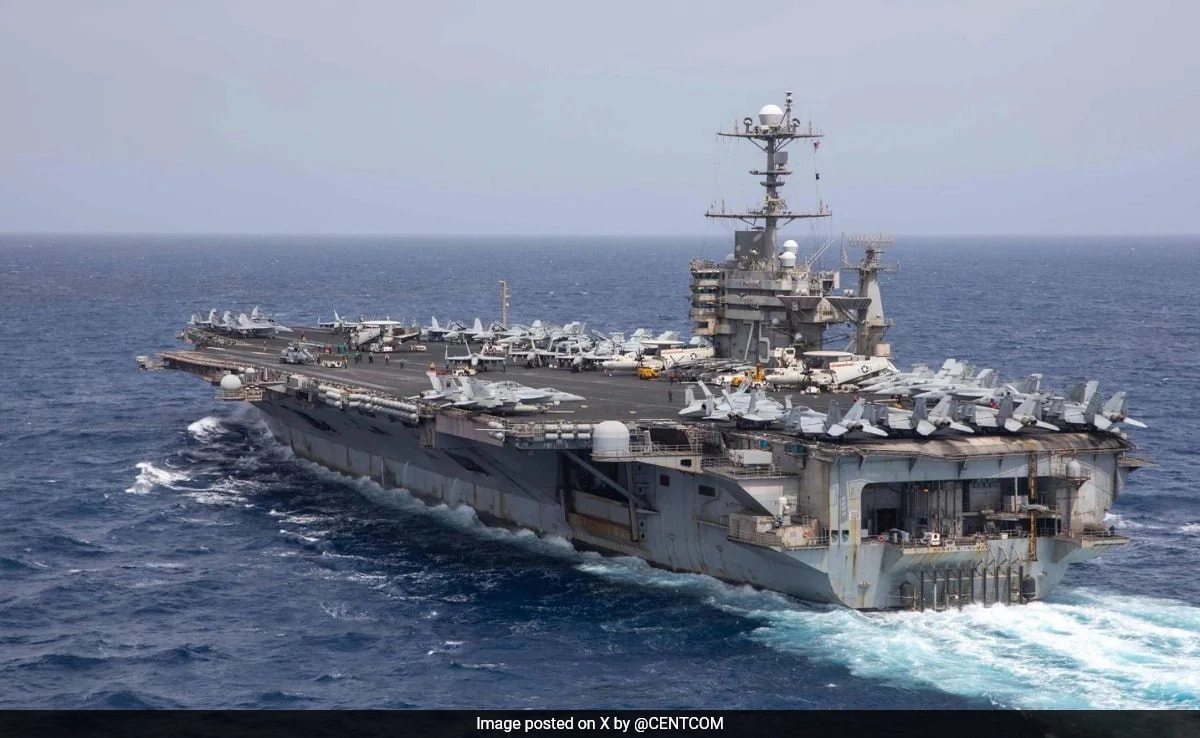In a recent statement, former President Donald Trump reflected on his administration’s approach to Iran, specifically addressing Supreme Leader Ali Khamenei. Trump asserted that his policies effectively saved Khamenei from what he described as an “ugly, ignominious death.” This remark underscores Trump’s belief that his administration’s strong stance against Iran played a pivotal role in preventing significant military conflicts that could have led to drastic consequences for Khamenei and his regime. Trump’s comments highlight the complexities of international relations and the precarious balance of power in the Middle East, where decisions made by leaders can have far-reaching implications.
Trump’s rhetoric surrounding Khamenei not only illustrates his perspective on deterrence but also serves to reinforce his narrative of strength during his presidency. By suggesting that he spared Khamenei from a dire fate, Trump positions himself as a decisive leader who took bold actions to protect American interests and deter adversaries. This assertion also reflects the broader theme of his foreign policy, which often emphasized a tough approach to nations he deemed hostile. Throughout his term, Trump frequently criticized the previous administration’s dealings with Iran, claiming that a more confrontational stance was necessary to ensure U.S. security and stability in the region.
Moreover, Trump’s comments can be seen as an attempt to solidify his legacy in foreign affairs, particularly regarding the contentious relationship with Iran. By framing his decisions as life-saving, he seeks to portray his leadership as not just reactive but strategically proactive. This narrative may resonate with his supporters who appreciate his unyielding approach to foreign adversaries, further solidifying his image as a strongman in contrast to perceived weaknesses in diplomatic negotiations. As the geopolitical landscape continues to evolve, Trump’s remarks serve to remind both allies and adversaries of the potential consequences of diplomatic missteps and the importance of strong leadership in navigating these complex international waters.
In the broader context of U.S.-Iran relations, Trump’s comments also reflect the ongoing debates about the effectiveness of military versus diplomatic strategies. Critics of his administration often argue that aggressive posturing can escalate tensions rather than resolve them, while supporters maintain that a tough approach is necessary to deter hostile actions. This dichotomy continues to shape discussions on how best to engage with Iran and other nations that challenge U.S. interests. As the political climate shifts and new leaders emerge, the legacy of Trump’s policies will likely influence future strategies and the ongoing quest for stability in the region.




